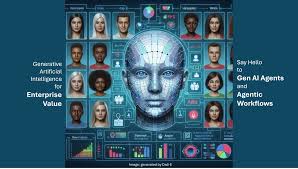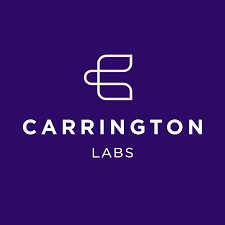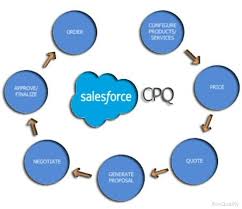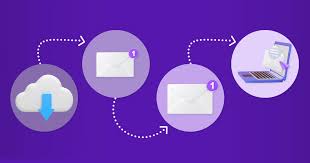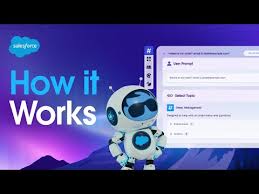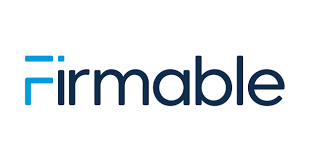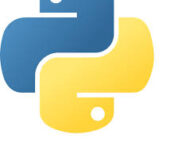AI Agents as Tools of Trust
Salesforce Report Highlights AI Agents as Tools to Rebuild Consumer Trust For businesses of any size, the to-do list never ends. Monitoring customers, understanding their needs, and delivering products and services that align with their expectations are critical. Salesforce’s latest research, however, points to a troubling trend: consumer trust is at an all-time low. Yet, the report, State of the AI Connected Customer, also suggests that AI—particularly agentic AI—could help reverse this decline. Trust in Decline The key finding of the Salesforce report is stark: consumer trust in companies has taken a significant hit. Among 15,015 surveyed consumers, 72% say they trust companies less today than they did a year ago. Compounding this is the rapid advancement of AI; 60% of respondents believe that the rise of AI increases the importance of businesses being trustworthy. One major culprit behind eroding trust is the perceived mishandling of customer data. A staggering 65% of respondents feel companies are careless with data, adding to the skepticism. While high prices remain the top reason customers abandon brands, 43% pointed to poor customer service as a major deterrent. Can AI Agents Fill the Gap? The Salesforce report suggests that AI agents—when deployed transparently—could address many of the factors driving distrust and disengagement. Younger consumers, particularly Gen Z and millennials, appear more open to interacting with AI agents. Notable insights from the research include: However, trust is non-negotiable. Transparency is a critical factor for AI adoption: As Michael Affronti, SVP and General Manager of Salesforce Commerce Cloud, explains: “AI agents can help brands deliver consistent, personalized experiences for shoppers across every channel — deepening customer loyalty and ultimately driving more sales.” Building Trust Through Transparency The research underscores the potential for AI to transform customer interactions, but it also highlights the challenges. Transparency and accountability are essential for AI systems to inspire confidence and loyalty. Salesforce’s AI solutions are designed to prioritize transparency and foster reliable consumer experiences. Features such as clear agent identification and robust escalation paths are steps in the right direction. However, companies must double down on governance frameworks and safeguards to ensure AI agents handle data responsibly. Final Thoughts While the idea of using AI to rebuild consumer trust is promising, it’s not without its challenges. Establishing trust in AI itself remains a work in progress. Consumers expect companies to prioritize not only innovation but also ethics, security, and accountability. The Salesforce report demonstrates that younger consumers are already embracing AI as a way to address today’s service expectations. For Salesforce and other companies leveraging agentic AI, the key to success will lie in balancing cutting-edge technology with meaningful protections for customer data and experiences. The future of AI-driven customer engagement isn’t just about meeting expectations—it’s about exceeding them in a way that inspires confidence and loyalty. With the right approach, AI agents could be a vital tool for restoring consumer trust in an era where skepticism runs high. Like Related Posts Salesforce OEM AppExchange Expanding its reach beyond CRM, Salesforce.com has launched a new service called AppExchange OEM Edition, aimed at non-CRM service providers. Read more The Salesforce Story In Marc Benioff’s own words How did salesforce.com grow from a start up in a rented apartment into the world’s Read more Salesforce Jigsaw Salesforce.com, a prominent figure in cloud computing, has finalized a deal to acquire Jigsaw, a wiki-style business contact database, for Read more Health Cloud Brings Healthcare Transformation Following swiftly after last week’s successful launch of Financial Services Cloud, Salesforce has announced the second installment in its series Read more



